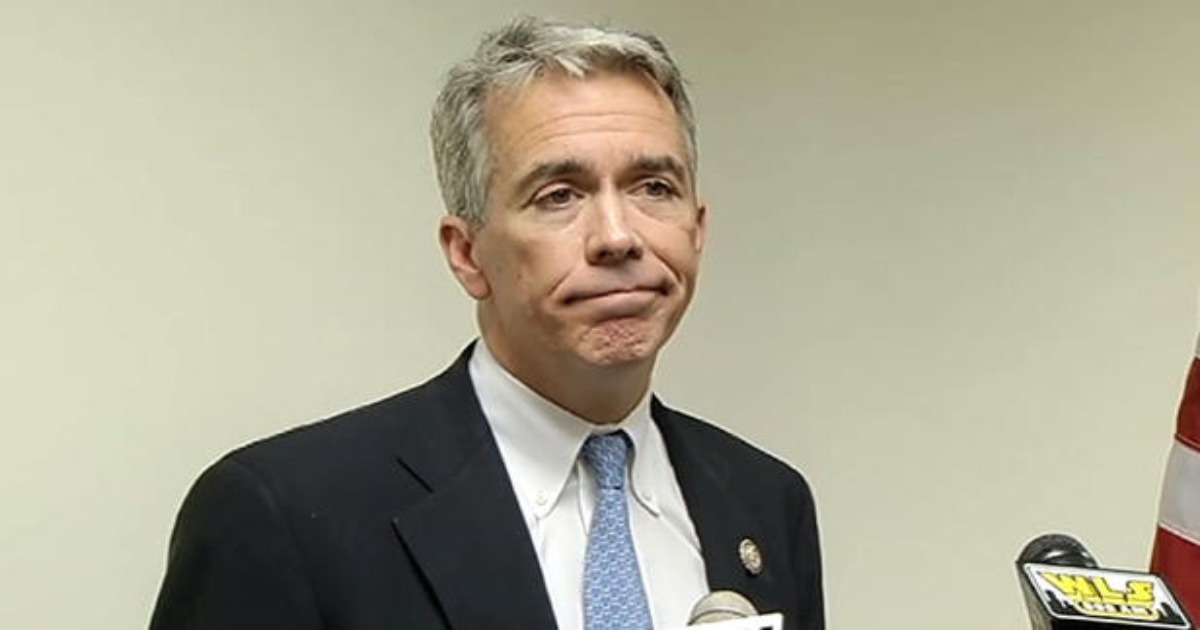The GOP-controlled Virginia Board of Elections purged nearly 40,000 names from the state’s voter rolls. State officials pushed for eliminating tens of thousands of names of residents they believe to be registered in other states, the Associated Press reports.
The Democratic Party of Virginia filed suit in a federal court this month over election officials’ plans to purge as many as 57,923 names before November’s gubernatorial election. The Board of Elections claims that evidence from a multistate database shows the voters were registered in other states.
The purge occurred a few months after the board said it would use databases to identify voters who are now ineligible to vote. The board sent its findings to election administrators who found hundreds of voters who were still eligible to cast a ballot and should not be removed from the rolls, according to The Washington Post.
Democratic officials, who said the list was full of errors, filed an injunction on October 3, seeking to halt the voter purge. But before a judge could review the injunction, the board eliminated 38,970 names from the rolls on Tuesday.
In the upcoming election for governor, Terry McAuliffe (D) will face Attorney General Ken Cuccinelli (R) at the polls. Cuccinelli is currently the Board of Elections’ legal advisor.
“This is a 14th Amendment issue. We have 131 local election officials here in Virginia, and the guidance they got from the state board was, quote, use your best judgment,” Brian Coy, a spokesman for the Virginia Democratic Party, told The Post. Coy added that Cuccinelli running as the Republican nominee for governor and being the legal advisor for the Board of Elections raises some red flags.
Several country registrars said they did not feel they had time to ensure that no eligible voters were included in the list, before the purge took place on Tuesday. One registrar, who attempted to delay the purge, said in an interview that she was concerned about how little time she had to devote to the list to make sure no eligible voters were being removed.
Another registrar, Lawrence Haake, a Republican, defied the election board’s instructions and refused to purge any voters, the Richmond Times-Dispatch reports. Haake filed an affidavit, saying his initial review of the state’s potential purge list found nearly 10 percent of names given to him were, in fact, eligible voters.
Across the country, the GOP has been implementing tactics to suppress voters. Last year, Florida Gov. Rick Scott (R) targeted 180,000 people in an attempt to purge thousands from the voting rolls. As with Virginia, officials received calls from constituents who were labeled as ineligible voters in error. All of the Florida county election supervisors, including 30 Republicans, refused to execute the purge.
After the Supreme Court effectively dismantled the Voting Rights Act this June, Scott once again attempted to enact a voter purge, purportedly to combat voter fraud, despite the fact that even elections supervisors stated that voter fraud is not a big problem.
Yesterday, NBC News reported that Cuccinelli is slipping farther behind McAuliffe in the Virginia gubernatorial race. Virginia, a state with a large number of federal workers and military members, was deeply affected by the Republican shutdown. Despite the GOP’s continued efforts to suppress voters, it may be that more citizens are finally getting tired of the Republican Party’s games.
Since the Supreme Court’s decision to strike down sections 4 and 5 of the Voting Rights Act, several states have passed restrictive voter ID laws in attempt to suppress the minority and youth vote. Last month, the Department of Justice (DOJ) filed a lawsuit against the state of North Carolina for discrimination in its recently-passed voter ID law.
The DOJ filed a lawsuit against the state of Texas in August to block the state from enforcing its restrictive voter ID law, and is currently getting involved in a lawsuit challenging Texas’ new redistricting laws. Attorney General Eric Holder has said that “We will not allow the Supreme Court’s decision to be interpreted as ‘open season’ for states to pursue measures that suppress voting rights.”
Alisha is a writer and researcher with Ring of Fire.

